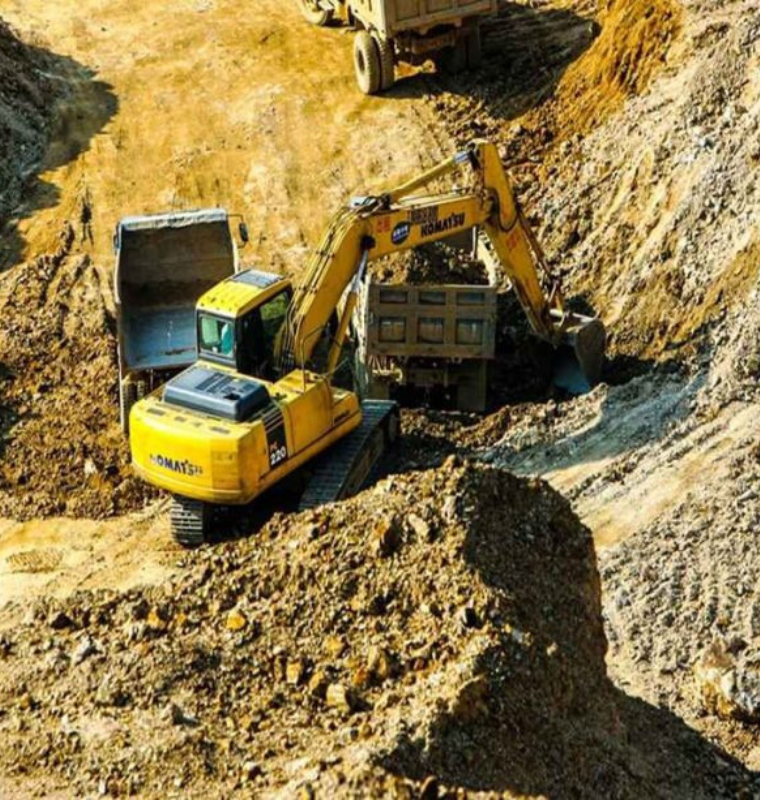Japan’s Aging Entrepreneurs Are Selling Out — How a Generational Shift Is Powering a Private Equity Gold Rush
Japan’s Aging Entrepreneurs Are Selling Out — How a Generational Shift Is Powering a Private Equity Gold Rush
By
Calder Monroe
Last updated:
October 20, 2025
First Published:
October 20, 2025
.webp)
Photo: Bloomberg.com
Japan is witnessing a profound generational transition that’s reshaping the foundations of its corporate world. Across the nation, small and medium-sized family-owned businesses — the lifeblood of Japan’s economy for decades — are facing an existential crisis. Their founders, often in their 70s or 80s, are finding no one to pass the torch to.
A combination of demographic decline, urban migration, and the country’s traditionally low appetite for risk among younger generations has left many of these companies leaderless. According to Japan’s Small and Medium Enterprise Agency, over half of Japan’s 3.6 million SMEs have owners aged 70 or older. Alarmingly, about one-third have no successor lined up.
The result? A surge of mergers, acquisitions, and buyouts led by private equity firms eager to capitalize on this vacuum.
From Family Legacy to Private Equity Deal
Historically, selling a family business in Japan was seen as a failure to uphold one’s legacy. The cultural expectation was clear: a son or daughter would inherit the company. But as social values evolve and the younger generation pursues careers in tech, finance, or overseas opportunities, that sense of obligation is eroding.
The once-taboo idea of selling to outsiders — especially foreign investors — has become not only accepted but, for many, the most practical choice. “The emotional hurdle used to be high,” says a Tokyo-based M&A advisor. “Now, it’s a matter of survival.”
In 2024 alone, private equity deals in Japan surged to record highs, with transactions exceeding $40 billion, according to Bain & Company. Global players such as KKR, Carlyle, and Blackstone have established or expanded local offices, focusing on family-run enterprises with strong fundamentals but limited succession options.
Why Private Equity Firms Are Flocking to Japan
Unlike the Western market, Japan’s private equity landscape is relatively untapped. Many small firms operate profitably, often debt-free, but suffer from outdated business models or lack of digital transformation. These are exactly the kinds of inefficiencies that attract private equity investors looking to modernize and scale.
Aging owners are also driven by Japan’s steep inheritance taxes, which can reach up to 55%. For many, selling to an investor before retirement ensures both financial security and the continued survival of their company and employees.
The Japanese government, recognizing the economic threat of mass business closures, has even encouraged succession planning and M&A as solutions. The Ministry of Economy, Trade, and Industry estimates that if left unaddressed, the closure of aging-run firms could wipe out 6.5 million jobs and ¥22 trillion ($146 billion) in GDP by 2025.
A Quiet Revolution in Corporate Culture
This wave of acquisitions is also forcing a cultural shift. For decades, Japanese businesses valued stability over profit growth, often prioritizing long-term employment and loyalty. Private equity, however, brings a different philosophy — one focused on efficiency, innovation, and measurable returns.
Rather than gutting companies, many investors are taking a collaborative approach. They retain local management, invest in digital tools, and seek to expand globally. For example, domestic private equity firm Polaris Capital Group has helped traditional manufacturers pivot toward international markets, while MBK Partners recently facilitated generational transitions in several regional firms.
The Road Ahead
Japan’s private equity boom is not just about profits — it’s about preservation. Thousands of viable companies risk disappearing simply because their founders have no heirs willing to take over. In a society that values continuity, this new era of corporate stewardship represents both a challenge and an opportunity.
Experts believe this trend will accelerate over the next decade as more baby boomer entrepreneurs retire. The combination of demographic shifts, economic pragmatism, and investor enthusiasm is turning Japan into one of the hottest private equity markets in Asia.
As one Tokyo investor put it, “We’re not taking these companies away from families — we’re ensuring they survive the next generation.”
Popular articles
Subscribe to unlock premium content
The Hidden Economy of Minecraft Server Plugins That Earn Thousands Monthly

Why Classic Ferrari F40s Command Prices Higher Than Some Modern Hypercars

How The Gentle Monster Sunglasses Brand Became a Cult Fashion Phenomenon in Korea

The Hidden Economy of Minecraft Server Plugins That Earn Thousands Monthly

Why Classic Ferrari F40s Command Prices Higher Than Some Modern Hypercars

The Hidden Economy of Minecraft Server Plugins That Earn Thousands Monthly









